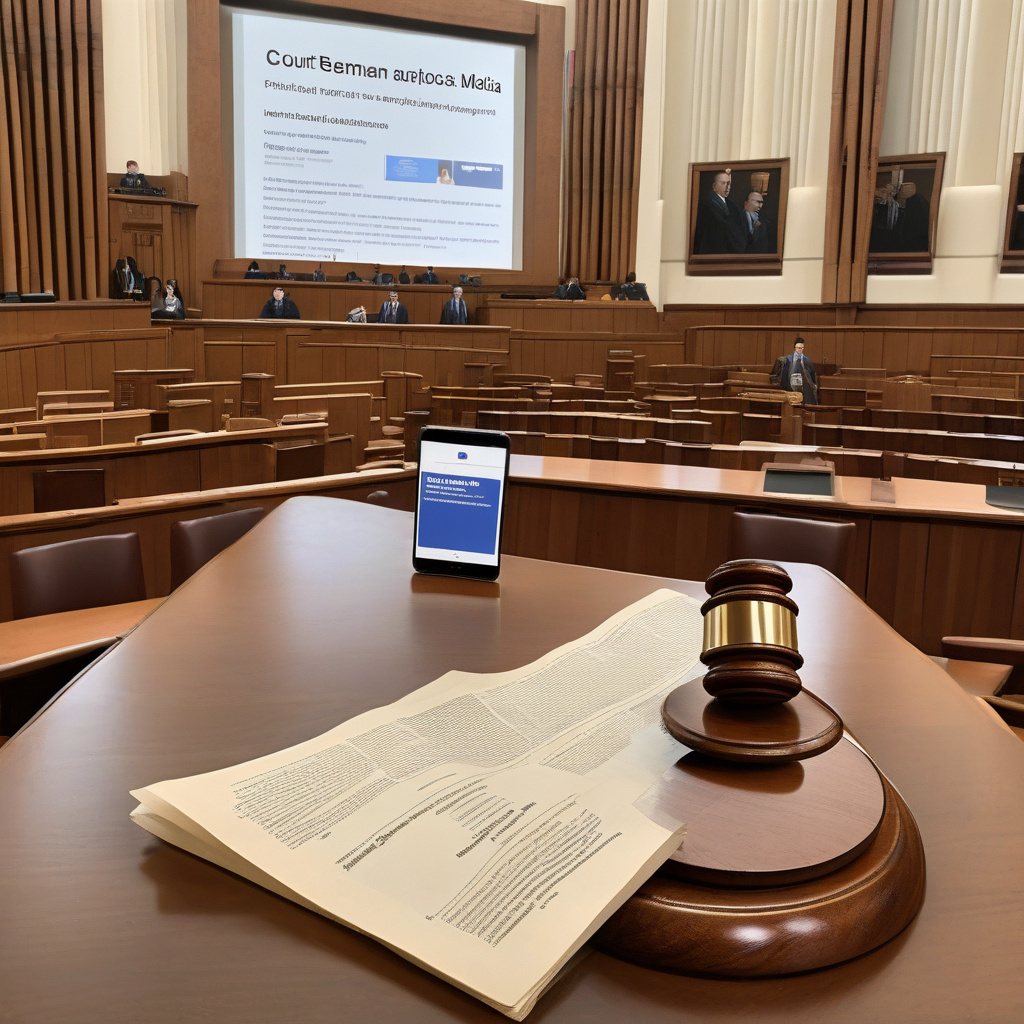German Court Ruling Supports Meta’s Use of Facebook and Instagram Data
A recent ruling by a German court has sparked both controversy and support regarding Meta’s handling of user data from Facebook and Instagram. The court decision, which allows Meta to continue utilizing AI data practices on these platforms, has raised concerns among consumer groups. Despite the opposition, the ruling sheds light on the evolving landscape of digital marketing and data privacy regulations.
Consumer groups have long been vigilant about the ways in which tech giants like Meta collect and utilize user data. With the prevalence of social media in today’s society, the amount of personal information being shared online has raised red flags among privacy advocates. Meta, the parent company of Facebook and Instagram, has been at the forefront of this debate due to its extensive reach and access to user data.
The recent ruling in Germany has brought these concerns to the forefront once again. While Meta has defended its AI data practices as essential for providing personalized user experiences and targeted advertising, consumer groups argue that such practices infringe upon individual privacy rights. The German court’s decision to support Meta’s data practices has only fueled this ongoing debate.
One of the key issues at play is the transparency surrounding data collection and usage. Consumer groups argue that users are often unaware of the extent to which their data is being collected and utilized for targeted advertising purposes. With Meta’s AI algorithms constantly analyzing user behavior and preferences, there are valid concerns about the potential for data misuse and privacy breaches.
Despite these concerns, Meta has emphasized the importance of data-driven marketing strategies in today’s digital landscape. By leveraging AI technology to analyze user data, Meta aims to deliver more relevant content and advertisements to its users. This personalized approach not only benefits advertisers in reaching their target audience more effectively but also enhances the overall user experience on the platforms.
In response to the ruling, Meta has reaffirmed its commitment to data privacy and security. The company has stated that it will continue to work towards greater transparency and control for users over their data. By implementing privacy settings and tools that allow users to manage their data preferences, Meta aims to address some of the concerns raised by consumer groups.
As the debate over data privacy and digital marketing practices continues, it is clear that the landscape is constantly evolving. With advancements in AI technology and data analytics, companies like Meta have unprecedented access to user data. This access raises important questions about the ethical use of data and the balance between personalized marketing and individual privacy rights.
In conclusion, the German court ruling in support of Meta’s use of Facebook and Instagram data highlights the complex intersection of data privacy, digital marketing, and consumer rights. While the ruling may have provided legal backing for Meta’s AI data practices, it has also reignited the conversation around data privacy and the need for greater transparency in the digital age.
data privacy, digital marketing, consumer rights, Meta, AI data practices
